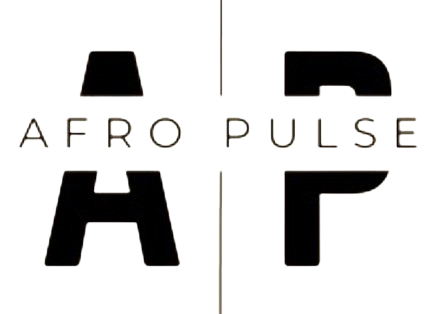Unmasking The Ugly Origin of the Magical Negro Trope
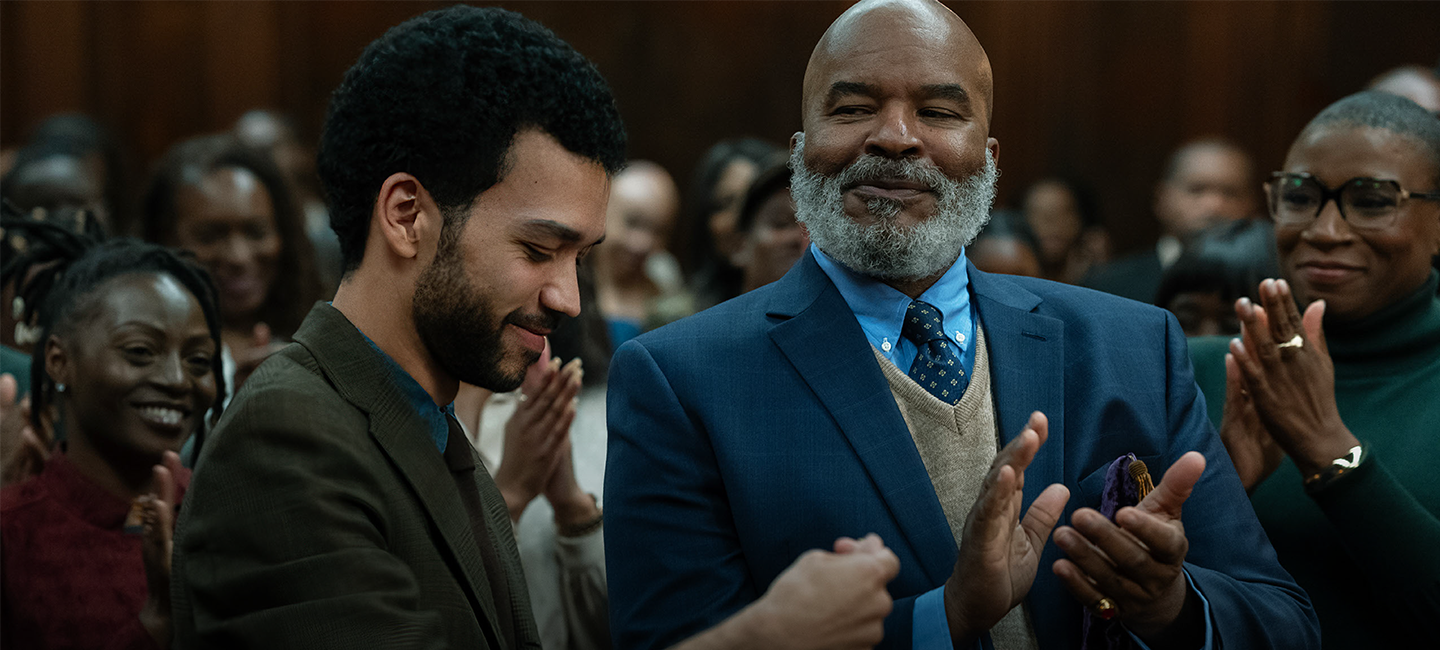
The magical negro stereotype has been a pervasive trope in American media for decades, often portraying black characters as mystical, wise, and subservient to white protagonists. This harmful stereotype has been perpetuated through numerous TV tropes and popular films, such as "The Legend of Bagger Vance". But where did this stereotype originate from? In this blog post, we'll delve into the roots of the magical negro stereotype and uncover the truth behind its presence in our society.
What is the Origin of the Magical Negro Stereotype?
The origin of the Magical Negro stereotype can be traced back to the era of slavery in the United States. During this time, enslaved black individuals were dehumanized and stripped of their agency. They were often depicted as subservient and intellectually inferior to their white counterparts. This narrative served to justify the oppressive and discriminatory treatment of black people.
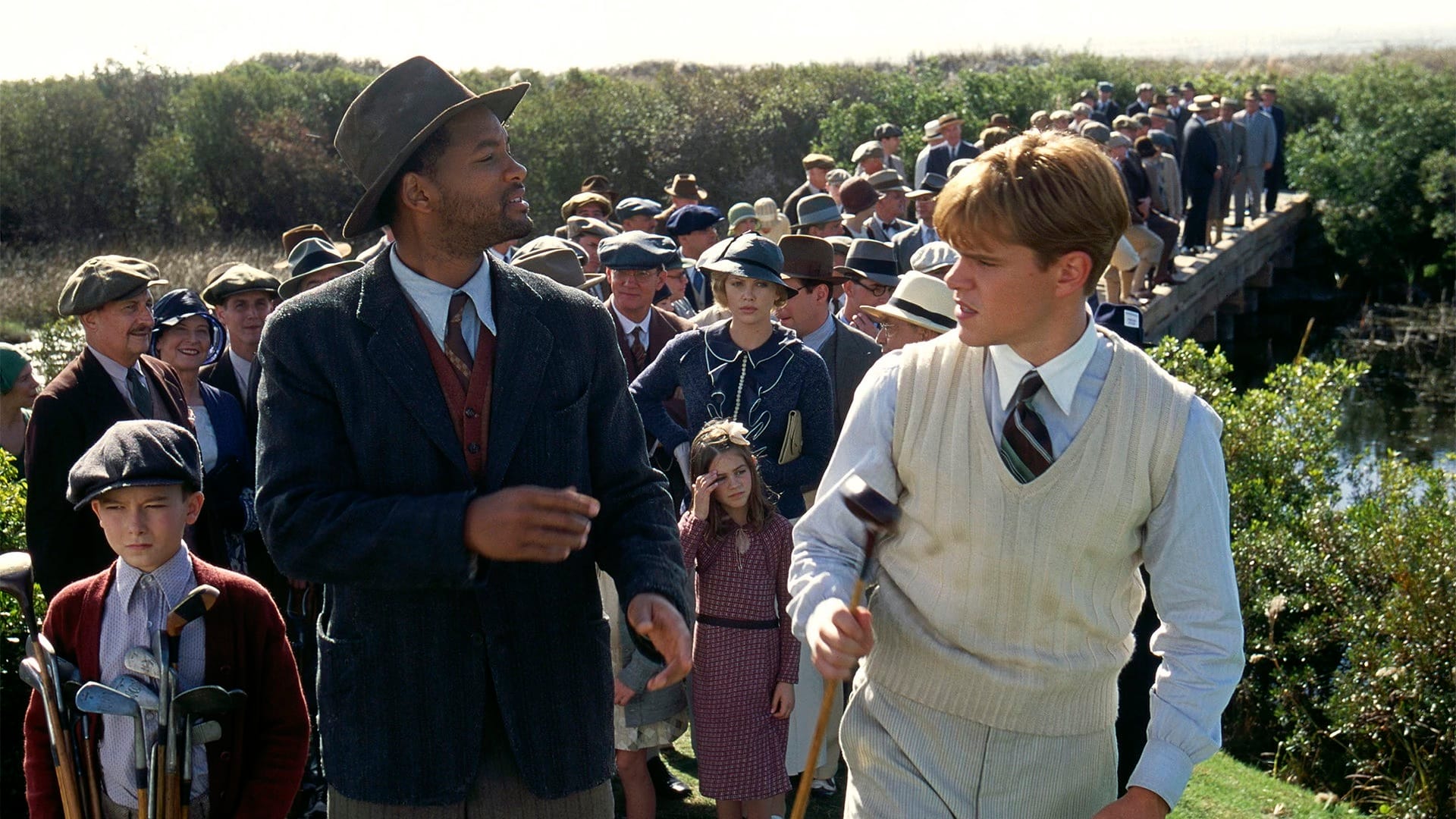
As the years went by and the Civil Rights Movement gained momentum, there was a gradual shift in society's perception of black people. However, remnants of the dehumanizing stereotypes still lingered, manifesting in the form of the Magical Negro archetype.
This archetype, often characterized black characters as mystical savants, imbued with wisdom, but inevitably servile to white leads. They possess supernatural abilities or an exceptional level of wisdom that is solely used to benefit white characters. These characters are often portrayed as self-sacrificing, using their powers or wisdom to help white characters achieve their goals or find redemption.
One notable example of this stereotype is the film "The Legend of Bagger Vance," where Will Smith plays the role of a caddy who magically assists a white golfer. While the intention may have been to create a heartwarming story, it reinforces the notion that black characters exist solely to serve the needs of white protagonists.
It is important to acknowledge the harmful implications of the Magical Negro stereotype on black representation. This portrayal perpetuates the idea that black people are only valuable in relation to white individuals, perpetuating a narrative of subservience and erasing their own stories, experiences, and agency. Portrayals of Black, Asian and Minority Ethnic people have often created or reinforced harmful stereotypes.
Implication of the Magical Negro Stereotype on Black Representation
The implication of the Magical Negro stereotype on black representation in media is deeply concerning. This harmful stereotype not only perpetuates racist narratives but also limits the opportunities for black actors, writers, and directors to tell their own stories authentically.
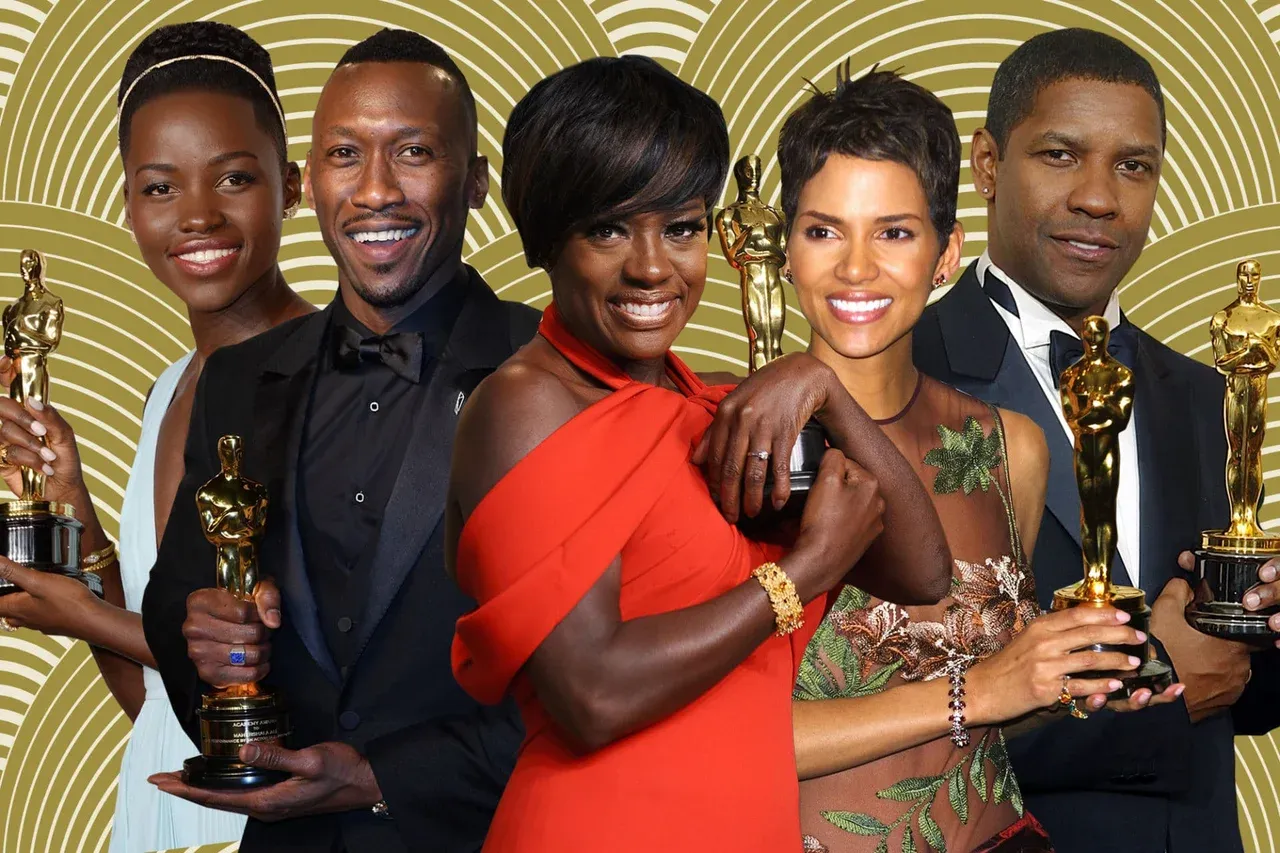
For decades, black characters have been reduced to subservient, one-dimensional roles, existing solely to support and uplift white protagonists. This portrayal erases the complexities and individuality of black people, reducing them to mere tools for white character development. It sends a damaging message to black audiences that their experiences, dreams, and struggles are not worthy of exploration and recognition.
Furthermore, the prevalence of the Magical Negro stereotype has a direct impact on the limited representation of black people in media. When black characters are consistently presented as supporting roles with limited agency, it reinforces the idea that black people are not deserving of lead roles or opportunities to showcase their talent. This exclusion perpetuates the underrepresentation of black people in the film and television industry, leading to a lack of diverse perspectives and stories.
Overturning the Magical Negro stereotype to create space for authentic black representation will require a dismantling of the narratives that prioritize white characters' stories at the expense of black characters. Inevitably, it will involve providing more opportunities for black writers, directors, and actors to share their narratives and experiences.
Only 17% of all Academy Award nominees from 1929 to 2023 were women, while only 6% were people of color and less than 2% of nominees were women of color. The percentages of winners was similar to the percentages of nominees. Only 16% of all Academy Award winners were women, 6% were people of color, and a mere 2% were women of color.
The Impact on the Black Community
The impact of the Magical Negro stereotype on the Black community cannot be underestimated. This harmful portrayal in media perpetuates the idea that black people exist solely to serve and uplift white protagonists, erasing their own stories, experiences, and agency. This erasure sends a damaging message to black audiences, reinforcing the notion that their dreams, struggles, and ambitions are not worthy of exploration and recognition.
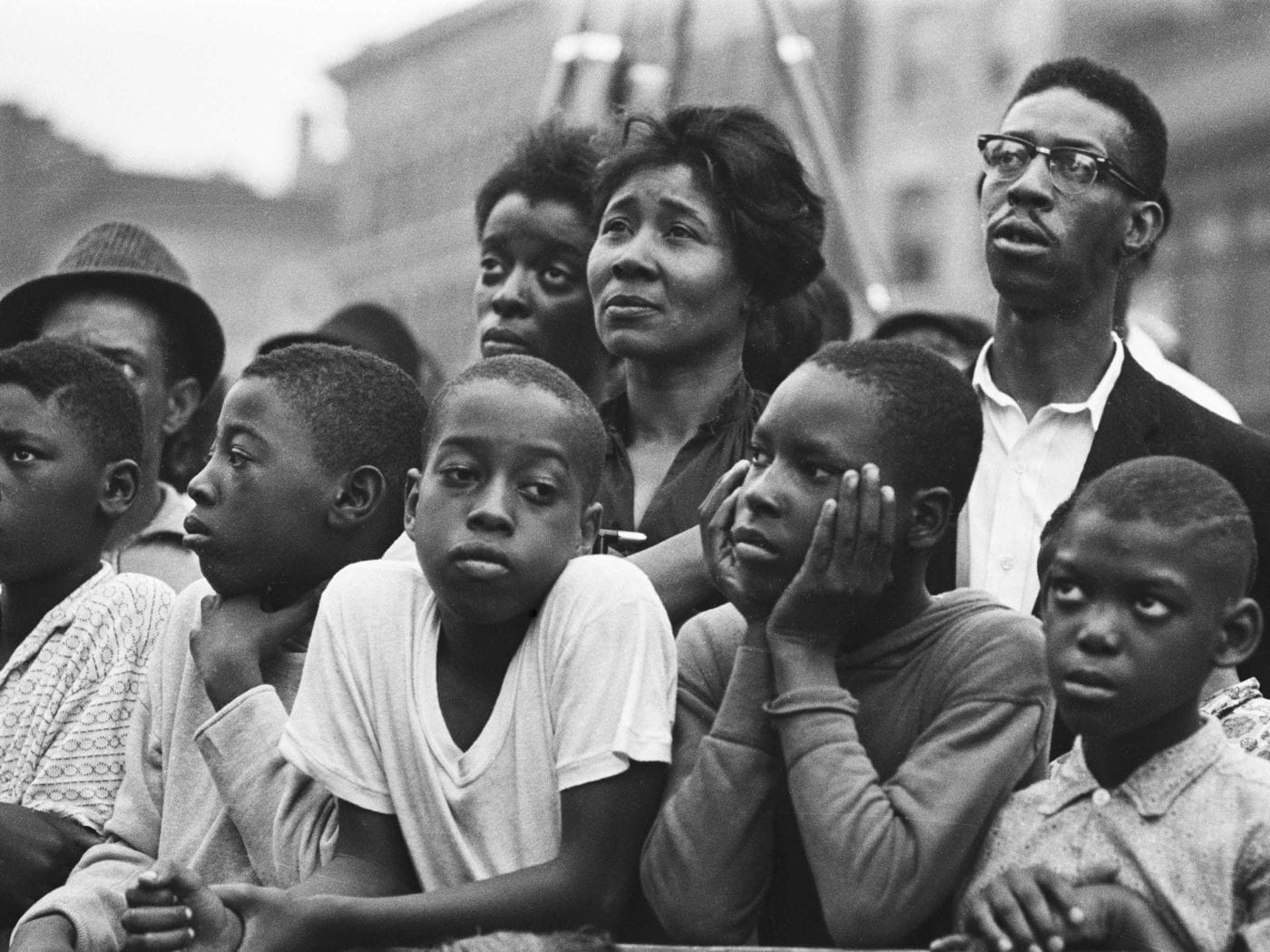
The consequences of this stereotype go beyond media representation. It seeps into the fabric of society, affecting real-world perceptions and opportunities for black individuals. When black characters are consistently depicted as subservient and one-dimensional, it reinforces the belief that black people are not deserving of lead roles or the chance to tell their own stories authentically.
This limited representation can have a direct impact on the aspirations and self-esteem of black individuals, particularly those aspiring to work in the film and television industry. The lack of diverse narratives perpetuated by the Magical Negro stereotype has limited the opportunities for black actors, writers, and directors to showcase their talent and bring their own stories to the forefront.
However, it is essential to recognize and celebrate the achievements of black individuals who have defied the constraints of this stereotype. Actors such as Denzel Washington, David Alan Grier, Justice Smith, and Aisha Hinds (the latter three starring in the soon-to-be-released "American Society of Magical Negros" - pun intended no doubt) have proven their immense talent and range in a variety of roles, challenging the limited expectations imposed by the Magical Negro narrative.
By challenging and overturning the Magical Negro stereotype, we can create space for authentic black representation. This involves amplifying black voices, demanding diverse narratives, and supporting black artists, writers, and directors. It is time to break free from the confines of this harmful stereotype and create a media landscape that celebrates the unique stories and perspectives of black people. In a perfect world, we'll see more black business people accumulate enough wealth to purchase or start major studios or media brands in the mold of Byron Allen. If you didn't know, Mr. Allen recently renewed his bid to acquire the BET Media Group (the BET cable channel, VH1, BET Studios and streaming service BET+) upping his offer to $3.5 billion. The BET Media Group is currently owned by Paramount Global. We at Impeccably Black are pulling for Mr. Allen's success in this endeavor, as it will help end the Magical Negro stereotype.
Challenging and Overturning the Stereotype
To challenge and overturn the Magical Negro stereotype, we must actively work towards dismantling the narratives that prioritize white characters' stories at the expense of black characters. This means demanding diverse narratives and supporting black artists, writers, directors, and business people who are breaking the mold.
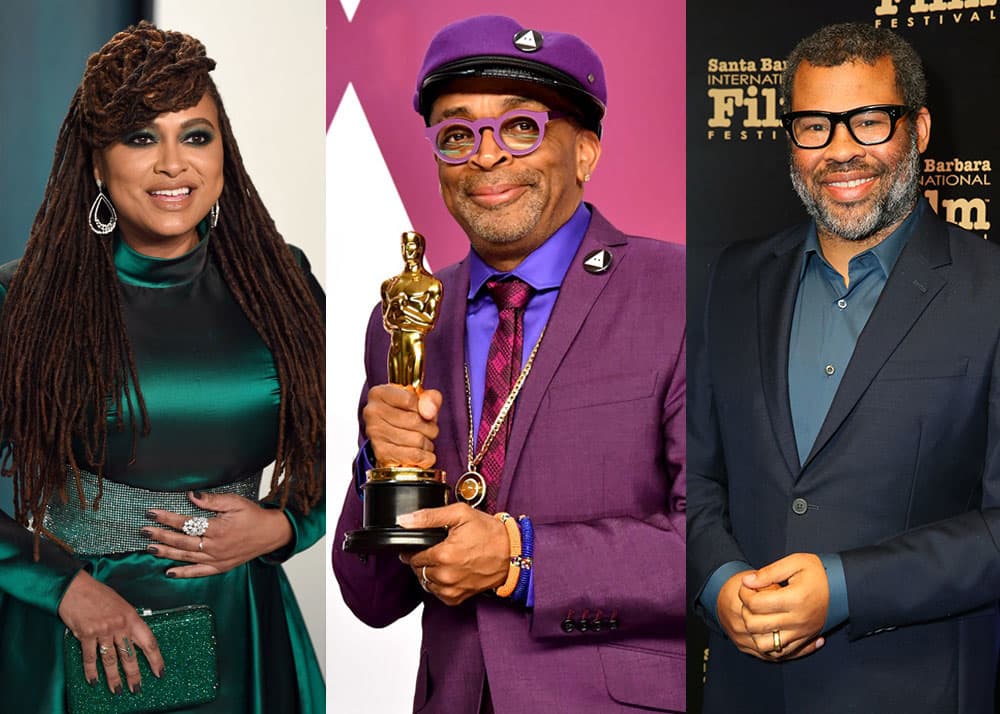
One way to challenge the stereotype is by supporting and celebrating black filmmakers, and actors who are pushing boundaries and defying expectations. Denzel Washington, for example, has delivered powerful performances in a variety of roles, showcasing his immense talent and range. His son, actor John David Washington, is also making a name for himself with his impressive performances.
Another way to challenge the stereotype is by debunking the myth of the self-sacrificing Magical Negro. We need to highlight and celebrate black characters who are not defined by their subservience to white protagonists but are complex, multi-dimensional individuals with their own dreams, ambitions, and struggles. By portraying black characters as fully fleshed-out human beings, we can challenge the notion that they exist solely to serve the needs of white characters.
Moreover, we must demand and support positive representation of black individuals in the media. This means advocating for more black lead roles and diverse storylines that reflect the rich tapestry of black experiences. We should celebrate and promote black actors, writers, and directors who are telling their own stories and defying the limitations of the Magical Negro narrative.
You might ask, what can I do to help? The answer is simple, actively seek out and support media that portrays black characters as multi-dimensional, complex individuals with their own ambitions and agency.
The Power of Positive Representation
Positive representation is a powerful tool in challenging and overturning the harmful Magical Negro stereotype. It's not only important for breaking free from the confines of the Magical Negro narrative but also for empowering the black community. When black individuals see themselves represented in diverse and meaningful ways, it affirms our worth and validates our experiences. Positive representation inspires and uplifts, creating a world where black people are seen, heard, and celebrated for their full complexity.
Debunking the Myth of the Self-Sacrificing Magical Negro
One way to debunk this myth is by highlighting the work of black actors who have defied the limitations of the Magical Negro stereotype. As mentioned, Denzel Washington is a shining example of an actor who has consistently delivered powerful performances in a variety of roles. From his iconic portrayal of Malcolm X to his Oscar-winning performance in "Training Day," Washington has proven time and time again that black characters can be complex, multi-dimensional individuals with their own motivations and struggles.

And let's not forget about up and coming actors like Justice Smith, who are making waves in Hollywood. Smith has appeared in films like "Jurassic World: Fallen Kingdom" and "Detective Pikachu," showcasing his talent and range. These actors, along with many others, are rewriting the narrative and breaking free from the confines of the Magical Negro archetype.
By celebrating the work of these talented individuals, we challenge the notion that black characters exist solely to serve the needs of white protagonists. We must demand diverse narratives that reflect the richness of black experiences and provide opportunities for black actors, writers, and directors to tell their own stories authentically.
Can we really ever completely break free from harmful stereotypes like the Magical Negro in society? Comment below or click HERE to join the conversation on Facebook.
